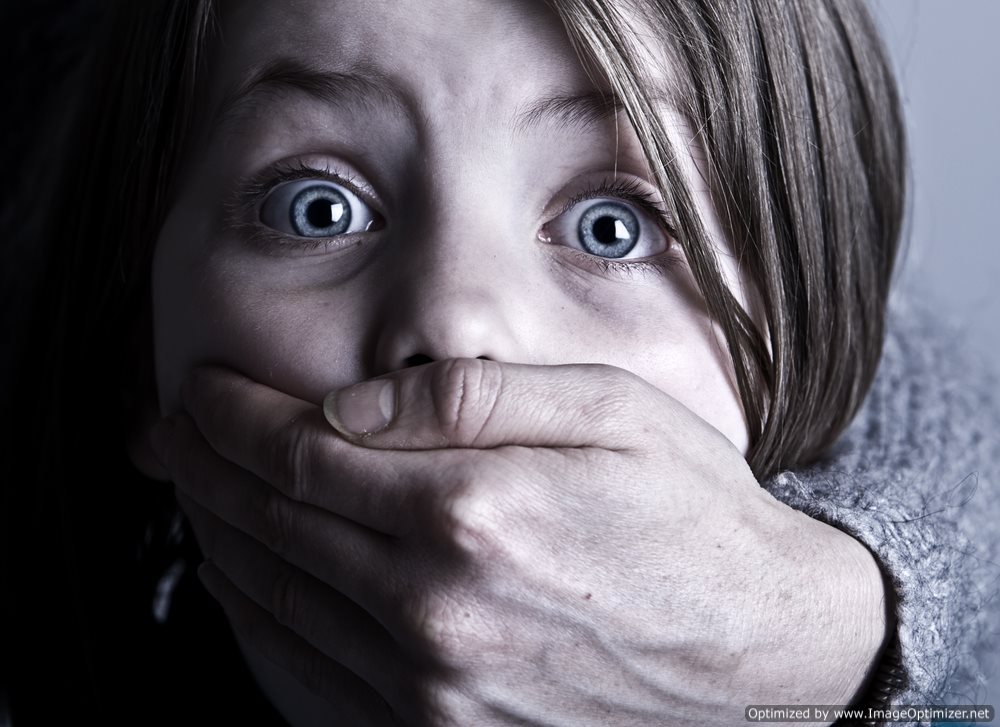4 Important Facts About the Freedom of Expression
The Freedom of Expression Defined
The Freedom of Expression is an unalienable right afforded to every citizen of the United States of America; these rights make mention of the statutes expressed in the 1st Amendment to the Constitution of the United States – a statute that provides every American citizen to ‘Life, Liberty, and the Pursuit of Happiness’. With regard to the provisions set forth within the 1st Amendment to the United States’, the Freedom of Expression prohibits the unlawful banning, prohibition, and ceasing of unlawful censorship.
The Origins of the Freedom of Expression
The Freedom of Expression was created within the 1st Amendment of the Constitution of the United States; it is one of the 10 Amendments that comprise the Bill of Rights. Prior to the enactment of the 1st Amendment, the authors of the 1st Amendment grew concerned that the freedoms awarded to the citizens of the United States were not protected in an optimal manner:
Subsequent to the defeat of the British in the Revolutionary War, the authors of the Bill of Rights wished to prevent any residual sentiment of Monarchical rule
As a result, on September, 25th 1789 the 1st Amendment – including the Freedom of Expression – was proposed; it was ratified on December 15th, 1791.
The Contents of the 1st Amendment affords citizens of the United States with the freedom of religion, the freedom of press, the freedom of Expression, and the right of assembly; however, the freedom of expression is one of the only civil liberties considered to not only be granted by the Federal Government, but also protected by it as well
The Freedom of Expression can be both a Civil Liberty and a Civil Right
Due to the fact that the Freedom of Expression allows for the citizenship of the United States to enjoy the autonomy afforded to them with regard to the right enabling them to freely form and express ideas and sentiments, the Freedom of Expression also allows for the heightened sense of autonomy and personal freedom enjoyed by the general populace. However, the Freedom of Expression is typically considered to be analogous with existing legislature enacted and undertaken within the United States:
For example, regardless of the rights implicit in the Freedom of Expression, the expression of ideas or speech considered to be harmful, dangerous or in direct contrast with the safety of the American Public may be subject to punitive recourse and judicial review
While the 1st Amendment states that one piece of legislation undermining the freedoms and rights afforded to citizens of the United States of America, an individual’s Freedom of Expression is not permitted to infringe or encroach upon the livelihood and pursuit of happiness belonging to another individual
Certain Forms of Free Expression Can Be Considered as Crimes
Hate Crimes, Child Pornography, Conspiracy to commit harm and injury, exploitation, and threats are considered to be examples of speech that violate applicable legislature enacted within the United States; as a result, these are considered to be criminal activity in lieu of any presupposed Freedom of Expression
